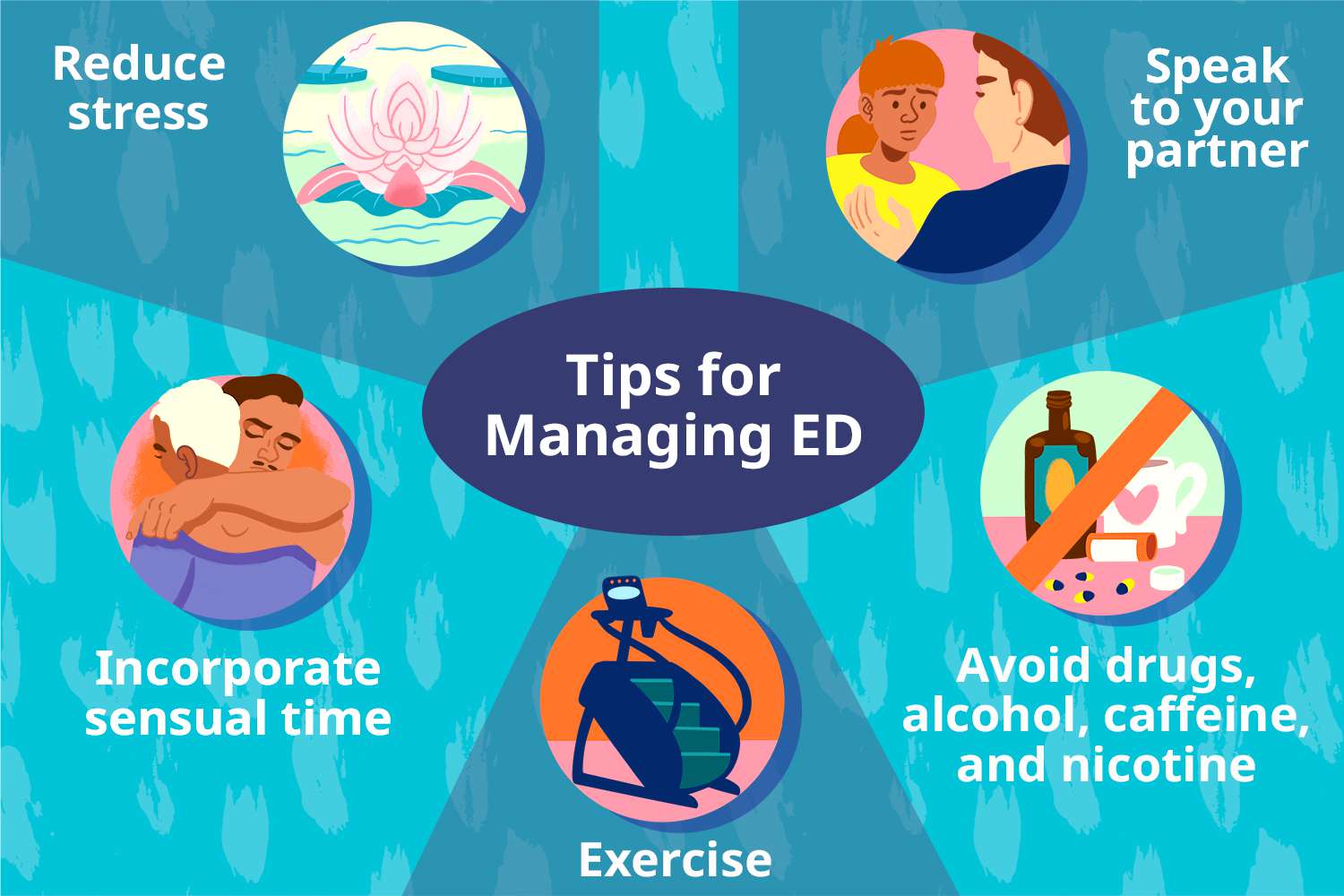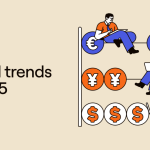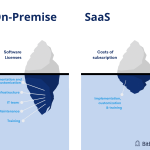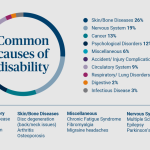Erectile dysfunction (ED) isn’t just a physical issue—it’s often deeply connected to stress, anxiety, relationship problems, and other psychological factors. While medications like Viagra are commonly prescribed, research shows that psychosocial interventions (therapy, counseling, and education) can be just as effective, especially when ED has emotional roots. This article explores how therapy and other psychological approaches help treat ED, what to expect from treatment, and how they compare to traditional medical options.
Understanding the Psychological Side of ED
ED occurs when a man can’t get or maintain an erection firm enough for sex. While physical causes (like diabetes or heart disease) are common, up to 40% of ED cases are primarily psychological, linked to:

- Performance anxiety (fear of sexual failure)
- Depression or chronic stress
- Relationship conflicts
- Past trauma or sexual shame
Because the brain plays a key role in sexual arousal, psychological treatments can help “rewire” negative thought patterns and restore confidence.
Types of Psychosocial Interventions for ED
Several therapy-based approaches have been studied for ED, including:
1. Cognitive Behavioral Therapy (CBT)
- How it works: Identifies and changes negative thoughts (e.g., “I’ll fail again”) that contribute to ED.
- Effectiveness: Studies show CBT improves erections in 60-75% of men with psychological ED.
- Best for: Men with anxiety-driven ED or performance fears.
2. Sex Therapy
- How it works: Focuses on intimacy exercises (sensate focus) to reduce pressure and rebuild sexual confidence.
- Effectiveness: In clinical trials, sex therapy alone helped 50-70% of men regain function.
- Best for: Couples dealing with ED-related relationship strain.
3. Group Therapy
- How it works: Men with ED share experiences and learn coping strategies together.
- Effectiveness: Group therapy doubled improvement rates compared to no treatment in multiple studies.
- Best for: Men who feel isolated by ED or benefit from peer support.
4. Couples Counseling
- How it works: Addresses communication breakdowns and emotional distance caused by ED.
- Effectiveness: Partners who attend therapy together report higher sexual satisfaction and better outcomes.
- Best for: Long-term couples where ED has created tension.
What Research Says: Therapy vs. Medication
A review of 11 clinical trials (398 men with ED) compared psychosocial interventions to drugs (like Viagra), vacuum devices, and other treatments. Key findings:
Therapy works better than no treatment
- Men in group therapy were 60% less likely to have persistent ED than those on a waiting list.
- Sex therapy had a 95% success rate in some studies, versus 0% for untreated men.
Reference link here: https://pubmed.ncbi.nlm.nih.gov/17636774/
Therapy + medication may be the best combo
- Men who did group therapy + Viagra had better results than Viagra alone.
- They were also less likely to quit treatment, suggesting therapy improves adherence.
Therapy can outperform pills in some cases
- One trial found group therapy alone worked better than Viagra for psychological ED.
No clear winner vs. injections or devices
- Psychosocial interventions were as effective as vacuum pumps or injections, but not significantly better.
Who Benefits Most from Psychosocial Interventions?
Therapy tends to help most when:
ED is stress- or anxiety-related (not just physical).
The man (or couple) is motivated to participate.
There are underlying relationship issues.
It may be less effective for:
Severe physical ED (e.g., from nerve damage or diabetes).
Men unwilling to discuss emotions.
What to Expect from Treatment
- Timeline: Most men see improvement in 8–12 weeks of regular therapy.
- Approach: Sessions may include:
- Relaxation techniques to reduce anxiety.
- Homework exercises (e.g., non-sexual touch to rebuild intimacy).
- Cognitive restructuring (changing negative self-talk).
- Success rates: Vary, but 50–80% of men report better erections and confidence.
The Bottom Line: Should You Try Therapy for ED?
Psychosocial interventions won’t replace pills for everyone, but they offer unique benefits:
Long-term results (unlike medications, which only work temporarily).
Improved emotional well-being and relationships.
Fewer side effects than drugs.
Best options to consider:
- For anxiety-based ED → Try CBT or sex therapy.
- For relationship issues → Couples counseling + sensate focus.
- For isolated men needing support → Group therapy.
- For faster results → Combine therapy with medication.
Final Thoughts
ED is often a mind-body issue, and treating the psychological side can lead to meaningful, lasting improvement. If you’ve tried pills without success—or if stress, shame, or relationship troubles play a role—psychosocial interventions could be the missing piece.
Next steps:
- Talk to a sex therapist or psychologist specializing in ED.
- Involve your partner if relationship dynamics are a factor.
- Give it time—unlike popping a pill, therapy requires patience but offers deeper rewards.
Keywords: Erectile dysfunction therapy, psychological ED treatment, CBT for ED, sex therapy, couples counseling for ED, psychotherapy for erectile dysfunction.








